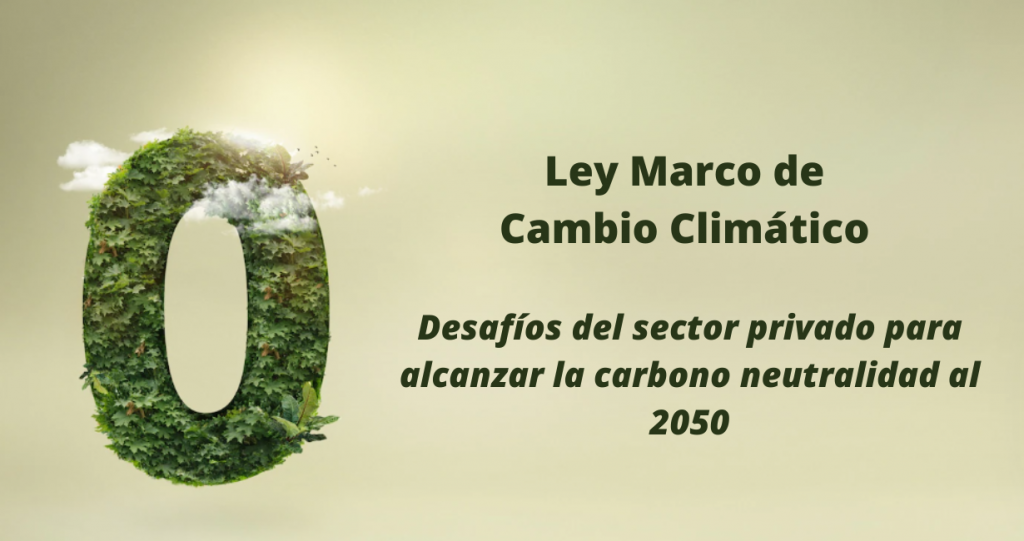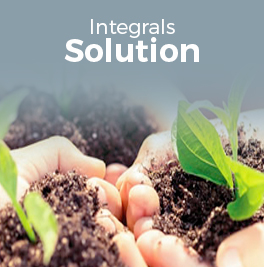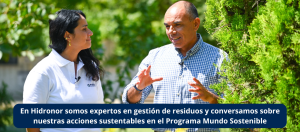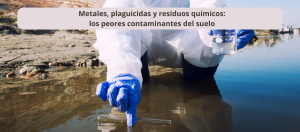
June 2022 marked an important milestone in the environmental history of Chile, as the Framework Law on Climate Change came into force to strengthen the fight against climate change seeking to achieve carbon neutrality by 2050.
This macro objective, in addition to meaning hard work for the public sector, will also impose great challenges for the different private industries in the country, since it will imply changing the way in which we transport ourselves, feed ourselves, dress ourselves, and produce energy.
Consequently, the business sector must begin to be governed by the new established policies and define the best strategies that allow it to operate in a sustainable manner to reduce the generation of waste that each one generates and take charge of it, and this is where the help of a specialized partner (such as Hidronor) becomes fundamental, since it will allow carrying out pertinent and certified actions that comply with what is required.
In this context, as a company we have become a strategic environmental partner with coverage throughout Chile in terms of management and treatment of industrial and hazardous waste for different types of industries, contributing to the mitigation of climate change with services of energy revaluation, recovery and recycling of waste, remediation, sanitation and recovery of contaminated land; transport, treatment and final disposal of waste, among others that contribute to environmental sustainability.
“Another of the services with which we contribute the most to the national industry is by replacing the use of traditional fossil fuels with liquid waste that has a high calorific capacity (so-called “alternative liquid fuels”). Among our facilities we have a plant exclusively dedicated to the formulation of an alternative fuel from liquid waste of different characteristics, thus allowing the subsequent replacement of traditional fuels in different production processes in our country”, highlights Gonzalo Velásquez, Environment Manager of Hydronor Chile.
In this way, we contribute to the sustainability of the country and we maintain our commitment to continue delivering cutting-edge solutions and technologies that allow companies to manage their industrial waste safely.







